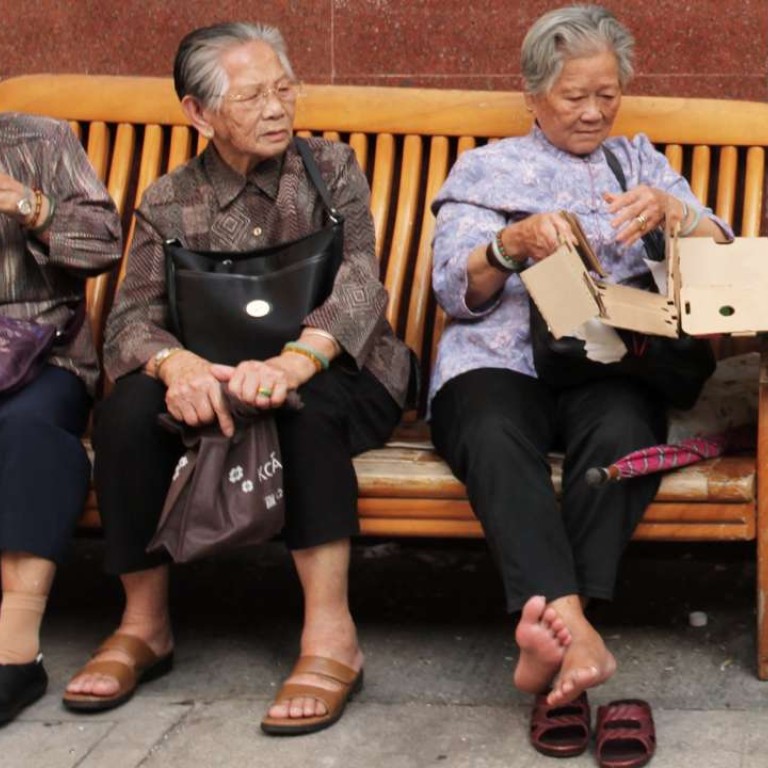
We need high-quality community-based care for Hong Kong’s ageing society
The “silver tsunami” you describe in your report (“ ‘Silver tsunami’ threat to public hospitals”, September 12) will pose a threat not only to public hospitals but to society as a whole.
Can we just rely on public hospitals to resolve the issue? We urgently need high-quality community-based care to keep hospital admission rates as low as possible and ensure a sustainable health-care system.
Non-communicable diseases such as diabetes mellitus, hypertension, coronary heart diseases and stroke are major health burdens with common risk factors. A hospital stay is the most expensive way to manage patients with these diseases and it is not possible to cope with ever increasing demand just relying on hospital care. To solve these problems, three tiers of prevention are needed. Primary prevention protects the population from potential risk factors. This requires a good health promotion system permeating citizens’ daily lives. Secondary prevention can detect diseases at an early stage so treatment can start before diseases become serious. This requires an effective primary health-care system for periodic preventive measures, with comprehensive and well co-ordinated care. Tertiary prevention prevents patients with established chronic diseases developing complications so hospital admission can be kept to a minimum.
A good community-based care programme is needed to identify patients at risk of developing complications, with monitoring of blood pressure, blood glucose, compliance to drug and diet; and modifying unhealthy behaviour.
A well-structured community-based care programme can incorporate the three tiers of prevention in a home environment. It can integrate different levels of expertise, including well-trained family doctors, primary care nurses and allied health professionals, community health practitioners and empowered patients and carers. The Working Party Report on Primary Care in 1991 raised a similar district health system concept, but it was not fully implemented. During the Global Conference of Alliance for Healthy Cities early this month in Korea, Kwai Tsing Health System-Enhancing Community Health Care won the award for Creative Development of Health Cities-Good Health System. It is based on the medical-welfare-community model integrating functions of different key stakeholders into a unique localised health system. Hong Kong is not short of good pioneering work.
It is now time to make a paradigm shift towards community-based care with hospital services for needy cases. Should we reconsider a primary health-care authority as recommended in the working report?
Albert Lee, clinical professor in public health and primary care, Chinese University of Hong Kong

